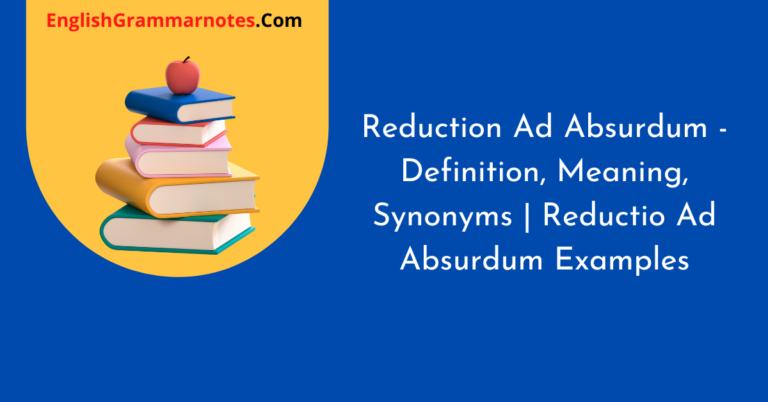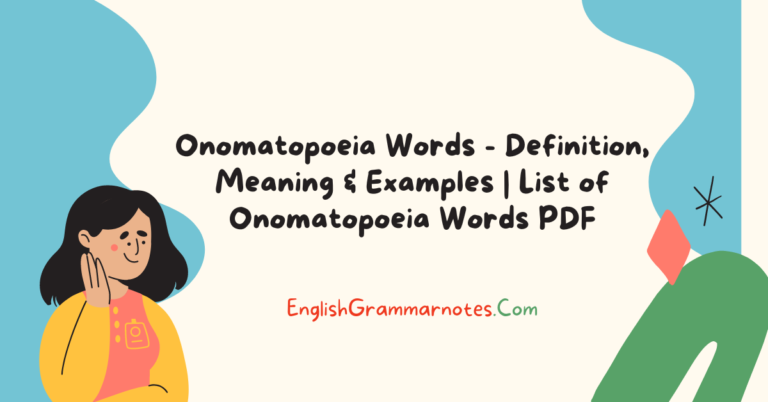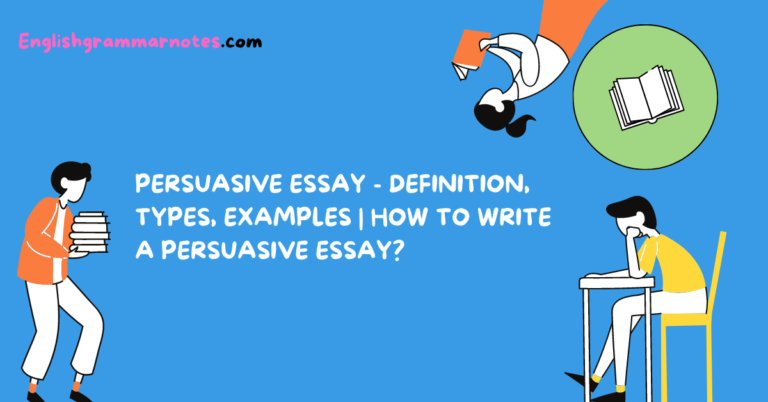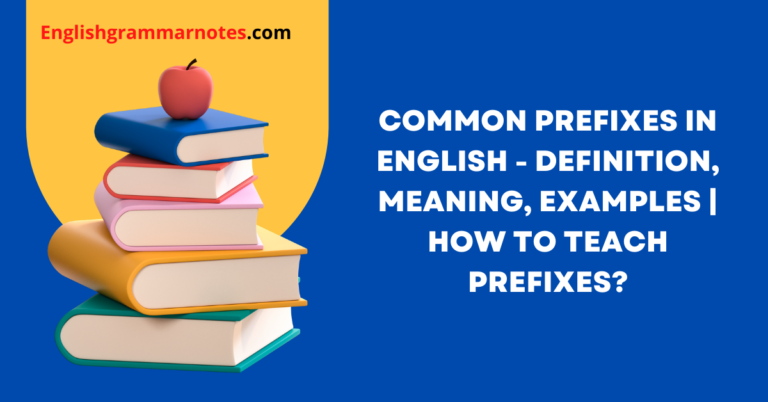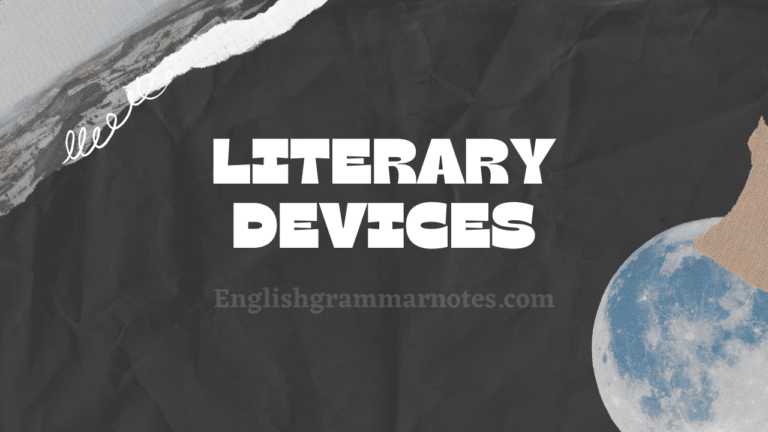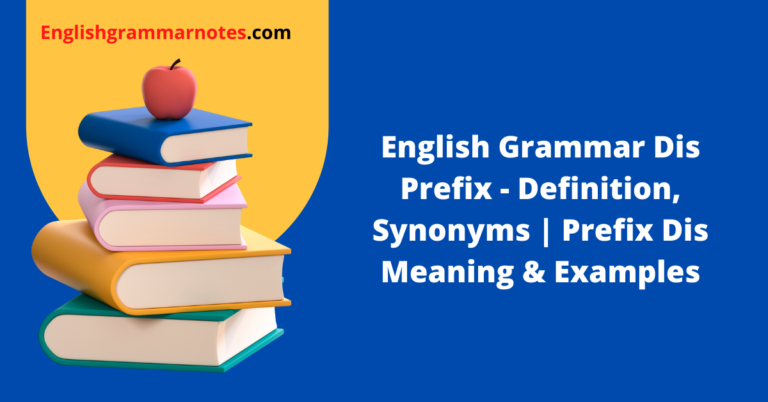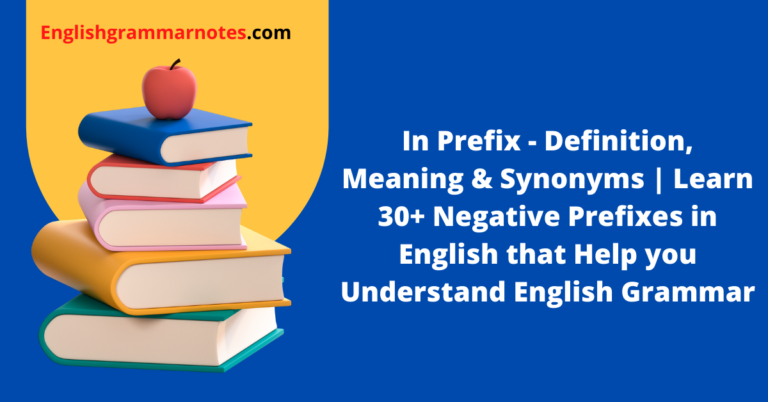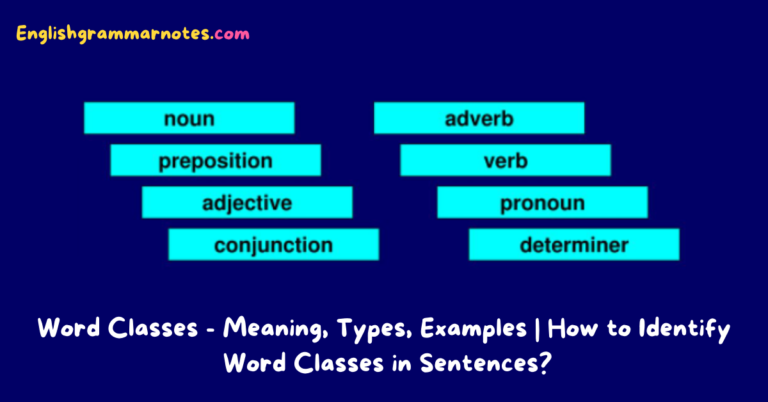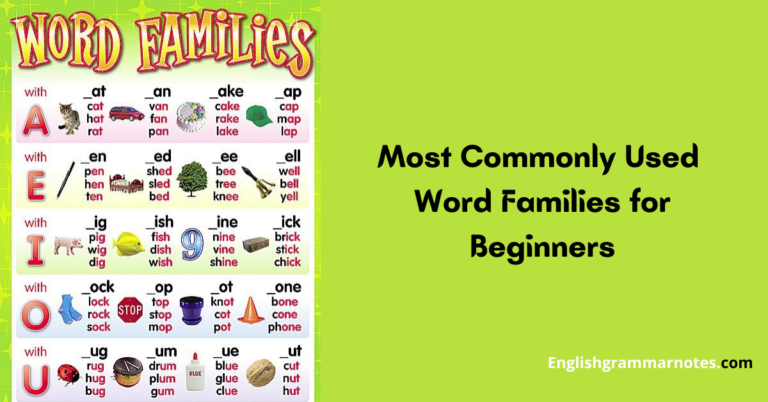Reduction Ad Absurdum – Definition, Meaning, Synonyms | Reductio Ad Absurdum Examples
You might know the phrase reduction ad absurdum as reducing to absurdity, which means disproving an argument by pushing it to its logical conclusion. It’s usually used in logic, mathematics, and philosophy when you need to poke holes in someone else’s argument. For example, if someone said that all rich people are greedy, you could refute that statement by pointing out that Bill Gates and Warren Buffett are both billionaires who give plenty of their money away through charitable causes. Here are some more examples of reduction ad absurdum in action, including two examples from classic literature. Reductio Ad Absurdum – Definition & Meaning Reductio Ad Absurdum Examples Greek Philosophy of Reduction Ad Absurdum Principle of Non-Contradiction What is reduction ad absurdum? What are the three steps in a reduction ad absurdum? Is reduction ad absurdum a valid argument? Who took the ideas of reduction absurdum? Reductio Ad Absurdum – Definition & Meaning Reduction ad absurdum is a syllogistic method of proving a proposition or a hypothesis. It works by pursuing logical consequences of thought to absurdity, to demonstrate that it must be false. A good example of reduction ad absurdum: A person says I am never wrong. The reductionist …
